QuestionHi there, I'll try to explain this as simply as I can.
I have had my Blue heeler "Zelda" for about 6-7 years now ever since she was a 8wk old puppy. She has been the only dog up until several months ago a 9 year old Jack Russel Terrier "Max" came into our lives.
The introduction was terrible at first. But after a few days I took the dogs on leashes and started corrected them (without force) anytime either dog showed aggression or dominance towards one another. This worked and they now can walk around each-other reasonably well.
But Max is always ready to fight. If Zelda brushes up against him (just walking by) He'll snarl and growl like she's trying to attack him. She doesn't usually react but I'm always worried there will be a fight as they have gotten into some pretty serious fighting before. To avoid this I keep Max in a room most of the day unless I'm right there to watch them.
I try to tell him "NO!" or clap my hands loudly whenever he growls at Zelda but it doesn't do any good. He also growls at ME whenever I discipline him. And my form of discipline is maybe one hand clap and telling him to "go to his bed" he'll trot away but growl a lot the whole time.
Also, he is very possessive of anything. He defends his food bowl viciously from me and even if I stand there stubbornly for almost 15 minutes he just stands over his food and growls and snarls, he has threatened to bite many times and bares his teeth all the time.
He also is extremely terrible whenever he finds something he isn't suppose to have. Like a piece of paper out of the trash (which he shreds and tries to eat) if you try to take it away you're guaranteed to get bit. No matter how many times you tell him "NO" in a deep firm voice and hold your ground, he'll stand over his "prize" and snarl and snap for as long as you stand there.
*I'm sorry for writing a book but one more thing I want to mention that might be helpful is Max is also a fearful dog. He may act tough but he is fearful of fast movements above his head. We don't hit him, but in his past his old owners are rumored to have swapped him with a newspaper and no telling what else. I don't know much of how he was treated before.
I have heard of fear aggression, but I have a hard time understanding it. I try to think like he would think, like maybe he feels vulnerable and constantly threatened so he puts on the act of being aggressive and possessive of his food, toys, whatever he has in his mouth.
He has lived here with us for 5 months now.
I know how difficult and time consuming this must be to answer all these questions. But I have read your past answers and I must say you seem very knowledgeable and very polite!
Thank you in advance!
Susan~
AnswerFirst of all, has Max had a recent thorough health exam? Including a 6 panel thyroid test and a tick-borne disease panel? Sometimes being in pain can cause a dog to be grumpy and growly and protective of their space, and hypothyroid or tickborne diseases erlichia and lymes can cause behavior changes, including aggression. First I'd be sure that's ruled out.
Both JRTs and Cattle dogs can be pretty challenging breeds, and it may not all be Max's issue. When a dog "brushes up against" another dog, it is seldom an accident. The best news is that truly serious fights are usually between the same sex, but that doesn't mean that nobody will be injured in scuffles.
Fear can certainly cause aggression, but it sounds like Max is also a "resource guarder" There are a number of protocols for that, and they are more successful with some dogs than others, but will generally lead to some improvement. Instead of trying to go into them here, I'd suggest you get ahold of a copy of Jean Donaldson's "Mine" which is a book entirely about the problem, and the best source of info on the subect I know of. When you have a dog who is challenging humans, its very important to find ways to handle the situation without getting into a battle of wills with him. I can almost assure you that the dog is willing to use more force than you are, and once you provoke him into biting, you are in more trouble, because he learns that it is a very successful strategy to get you to back off. Much better to set up training situations where he can be rewarded for good behavior, and be able to redirect him away from bad behavior and change the subject. That takes skill, and you may do best with professional, in person help.
I'm a believer that you don't correct growls. A growl is communication, and it's communication at a level lower than a bite. When you take the growl away, you may have a dog who doesn't give a warning, but simply escalates to a bite when pushed. What you really want to do is be able to change the dog's perception of a situation so he doesn't feel like he NEEDS to growl.
I'd definitely get the Donaldson book, but I do think this sounds like a very difficult dog, and you may also want to find a good local trainer or behaviorist who can meet him and access the situation, to guide your training choices. Best luck. Sandy Case MEd CPDT www.positivelycanine.com

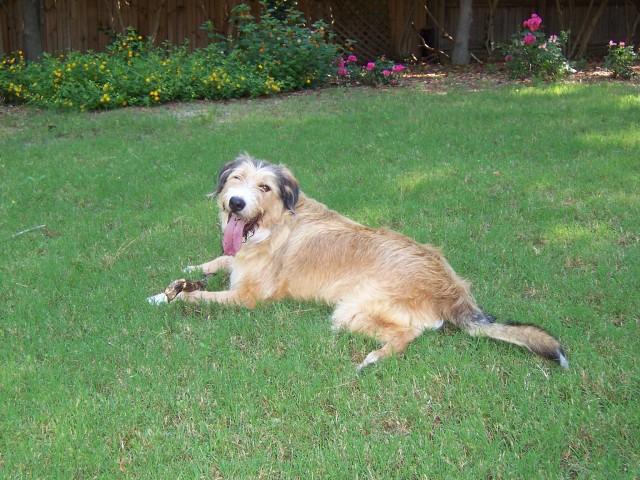 anxious dog
Question
Louie
Hi, We adopted a 2 year old male A
anxious dog
Question
Louie
Hi, We adopted a 2 year old male A
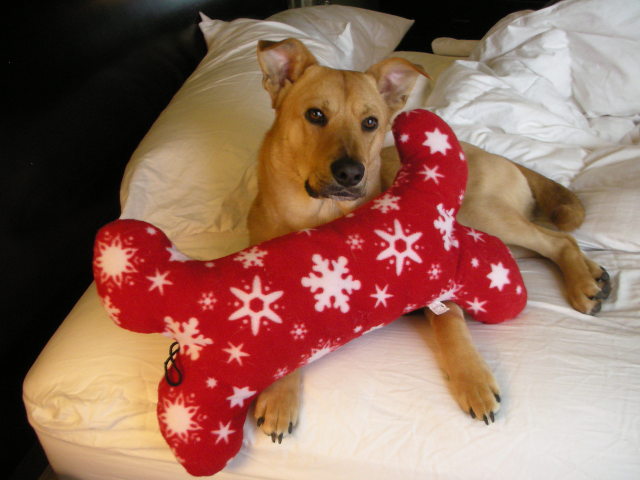 Very Scared Dog
Question
Happy
My dog is 17 months old and is a mixed b
Very Scared Dog
Question
Happy
My dog is 17 months old and is a mixed b
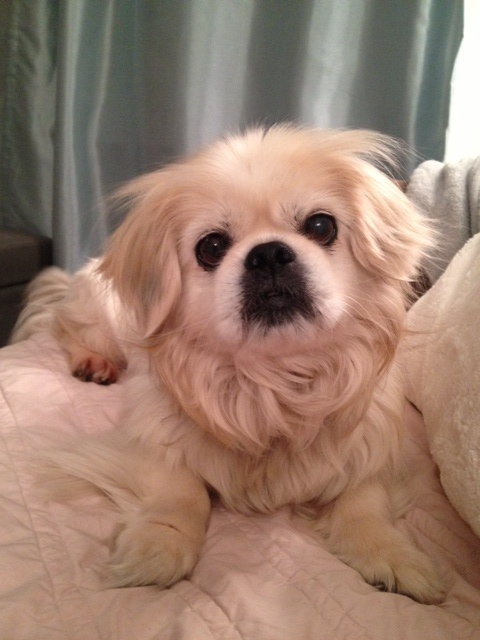 Nightmares?
Question
Beethoven
Hi Melissa, Ive had my very h
Nightmares?
Question
Beethoven
Hi Melissa, Ive had my very h
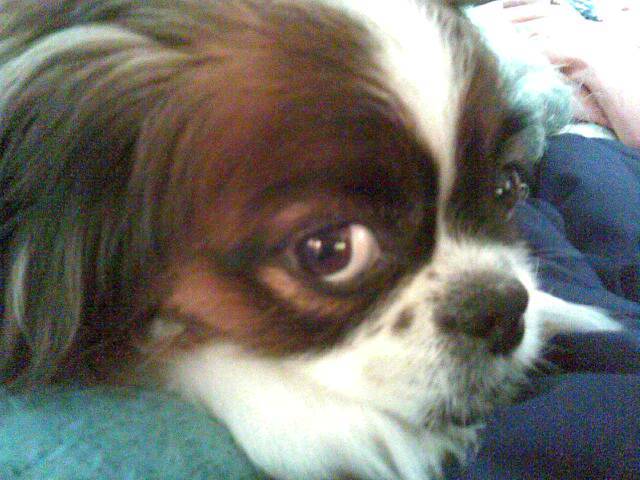 Post bladder surgery potty training for INDOORS!
QuestionTiki
QUESTION: Dear Dr. Connor,
My 10 ye
Post bladder surgery potty training for INDOORS!
QuestionTiki
QUESTION: Dear Dr. Connor,
My 10 ye
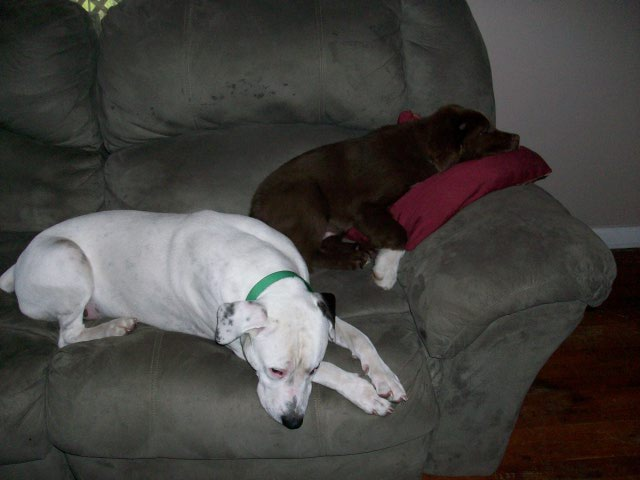 American Bulldog aggression
Question
Buddy and Rez
I have a 2 year old Ameri
American Bulldog aggression
Question
Buddy and Rez
I have a 2 year old Ameri